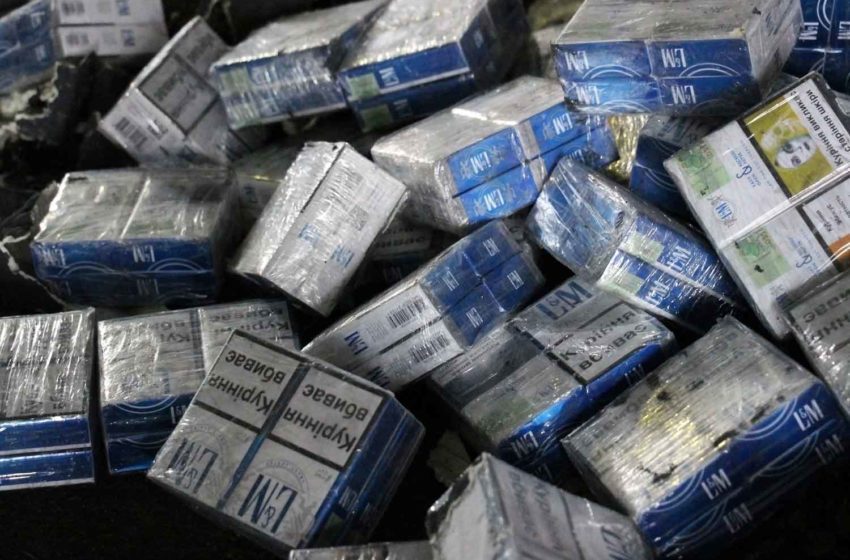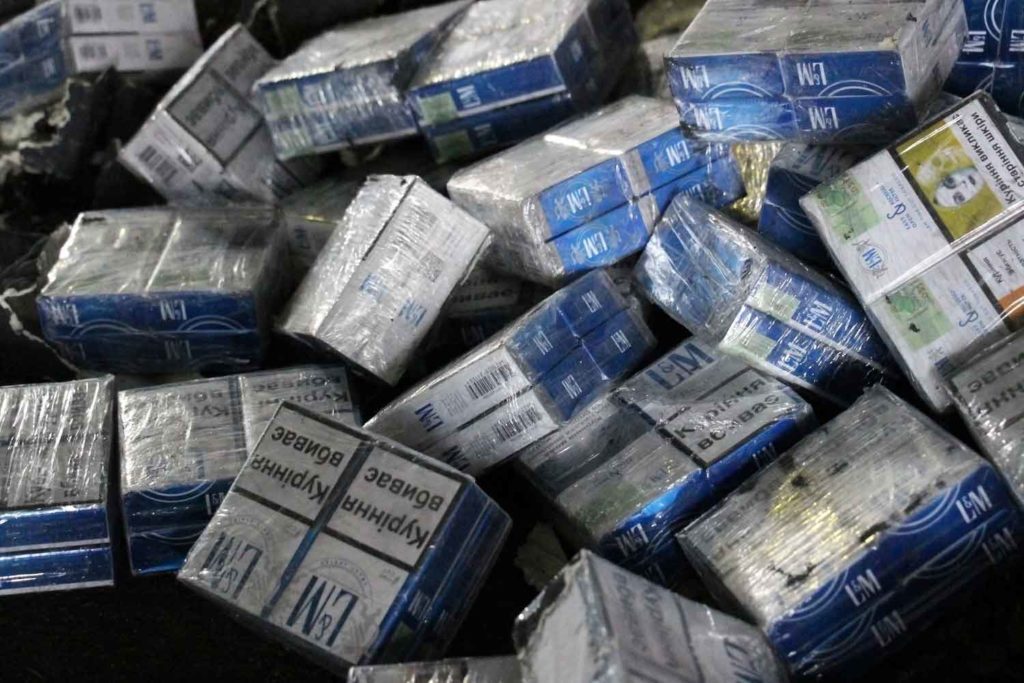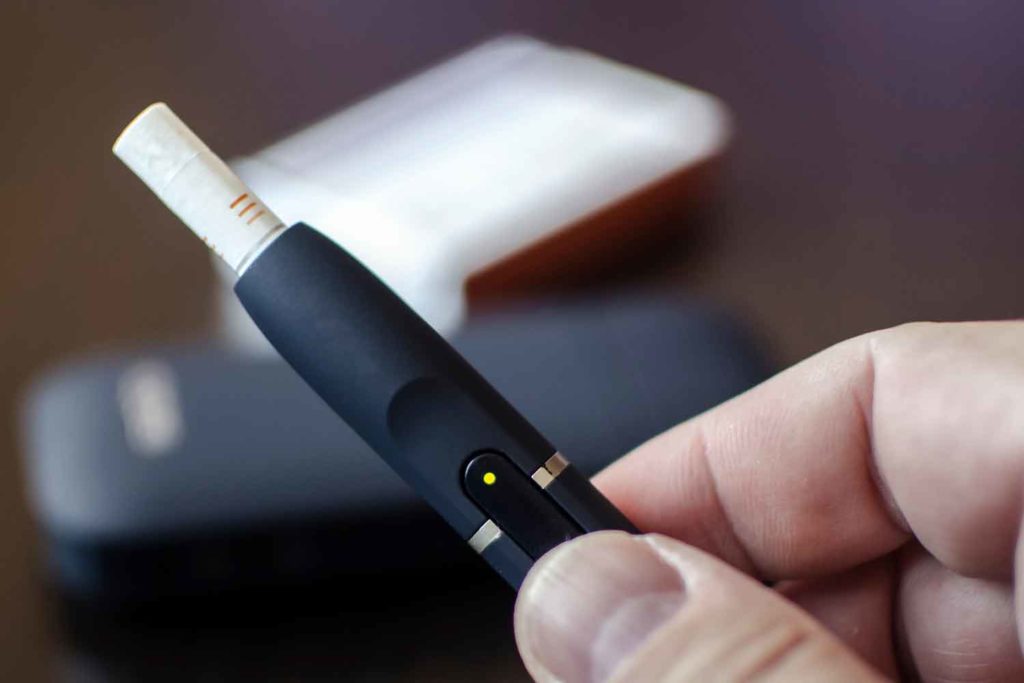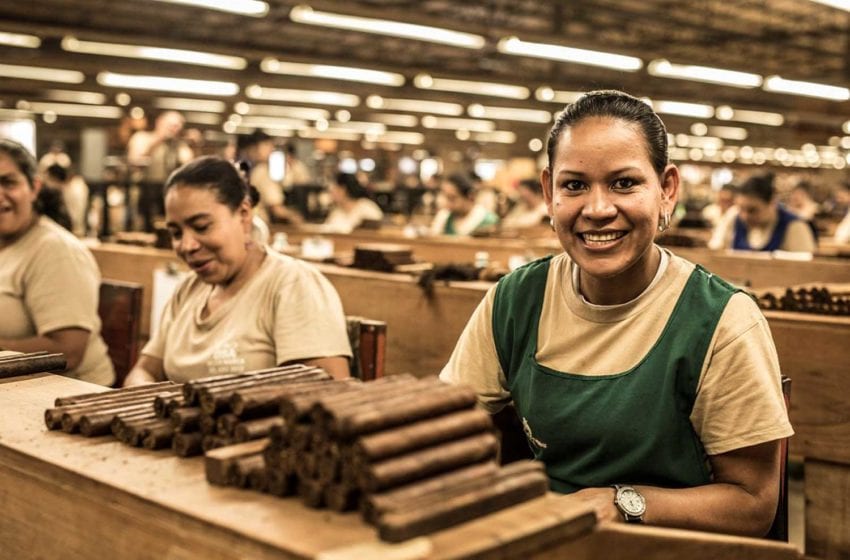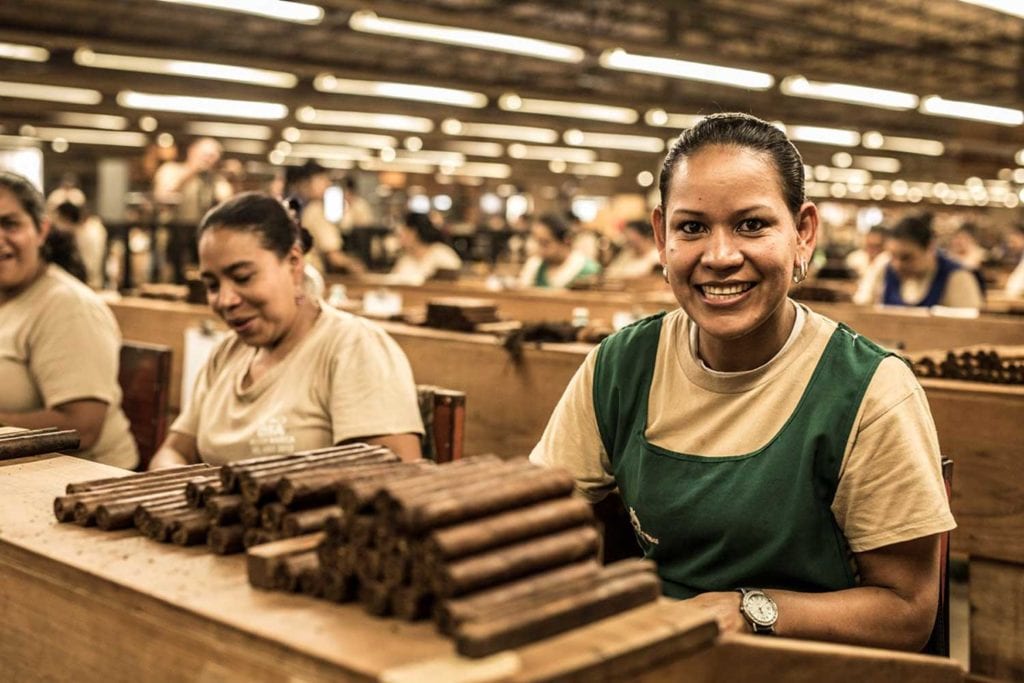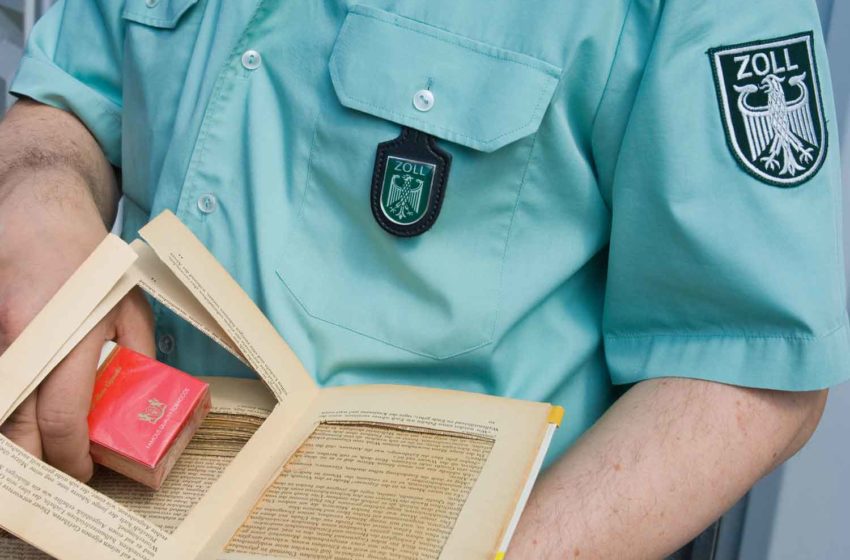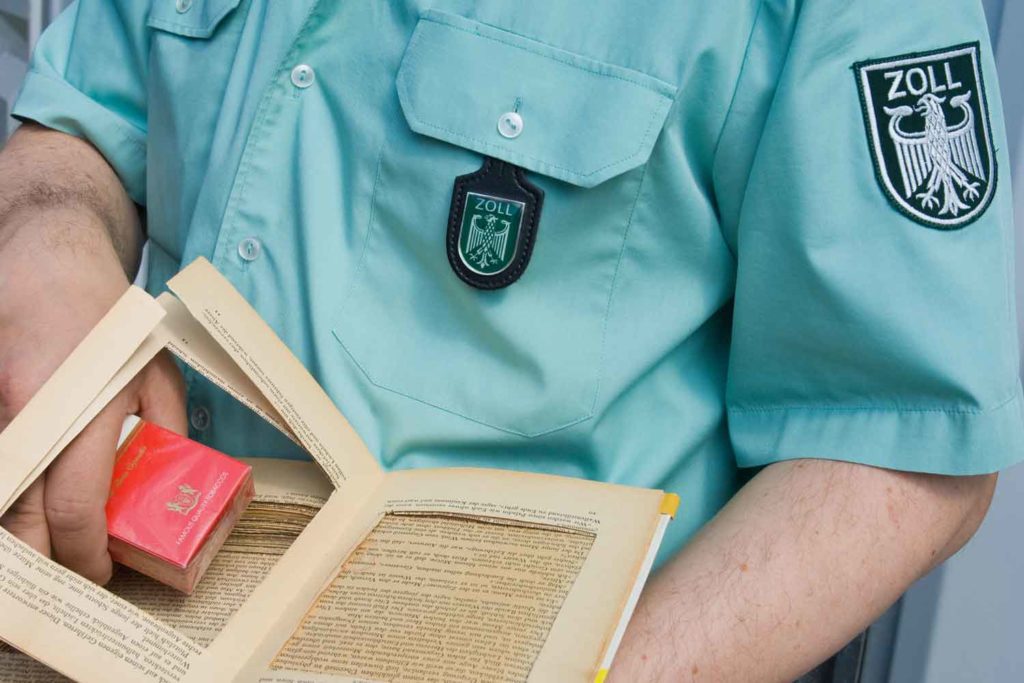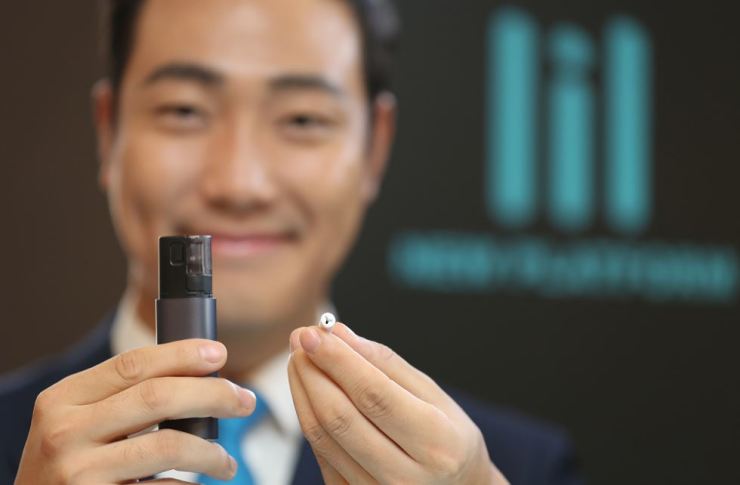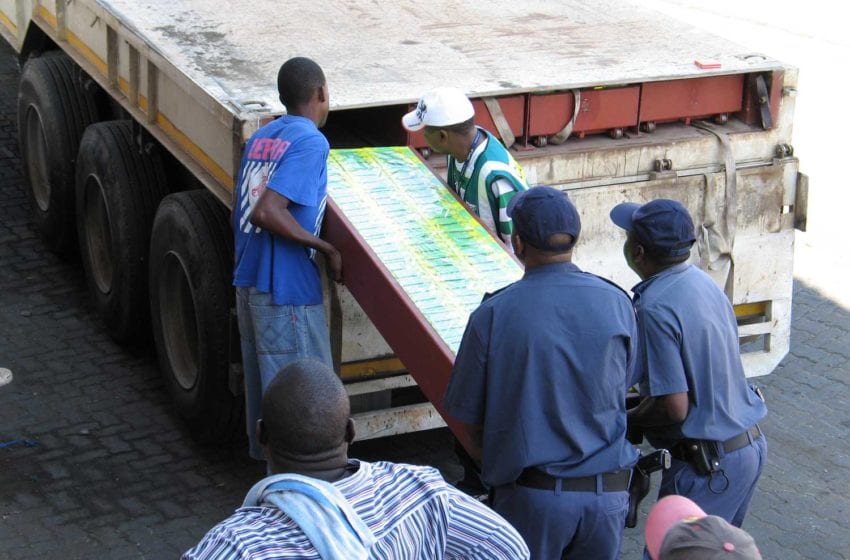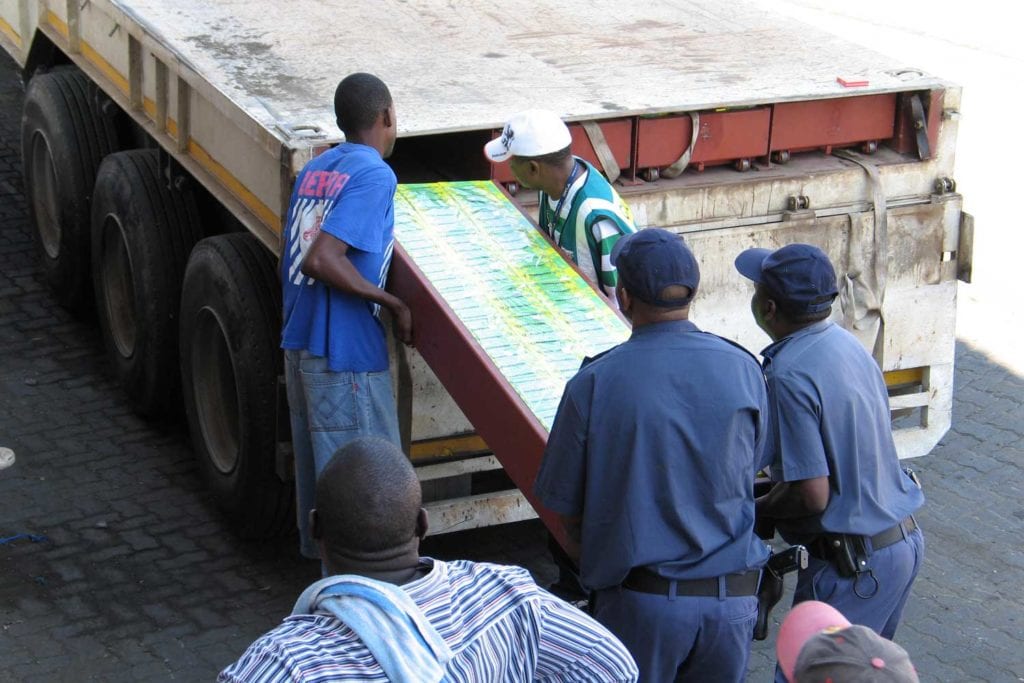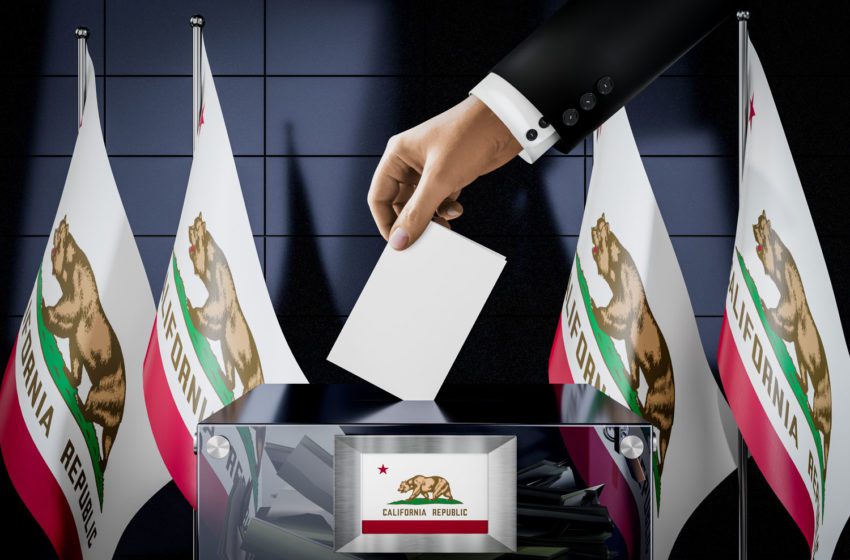
Juul Labs has secured a cash infusion that will keep the e-cigarette maker in business while it appeals the U.S. Food and Drug Administration’s marketing denial order (MDO) related to its vapor products, reports The Wall Street Journal.
Juul Labs reportedly has stopped bankruptcy preparations. As part of a reorganization, the company plans to lay off 400 employees and reduce its operating budget by up to 40 percent.
The financing is the first piece of a bailout package under discussion with two early Juul investors, Nick Pritzker and Riaz Valani, who were Juul’s largest shareholders before Altria Group bought its Juul stake for $12.8 billion.
A pioneer in the vaping business, Juul Labs has gone from dominating the U.S. e-cigarette market to fighting for its survival in a relatively short time.
Following its initial success, the company quickly came under regulatory scrutiny over its marketing practices. Critics blame Juul Labs for contributing to an “epidemic” of underage vaping.
Thousands of lawsuits have been filed against Juul over the past several years, alleging that the company marketed its e-cigarettes to children. Juul has said it never marketed to underage users.
In September, Juul Labs agreed to pay nearly $440 million to settle a two-year investigation by 33 U.S. states into the marketing of its vaping products.
Juul’s e-cigarettes were briefly banned in the U.S. in late June after the FDA concluded that the company had failed to show that the sale of its products would be appropriate for public health. But following an appeal, the health regulator put the ban on hold and agreed to an additional review of Juul’s marketing application.
In October, Juul published the details of its MDO appeal. In late September, Juul shareholder Altria Group exercised the option to be released from its noncompete deal with the e-cigarette maker.


